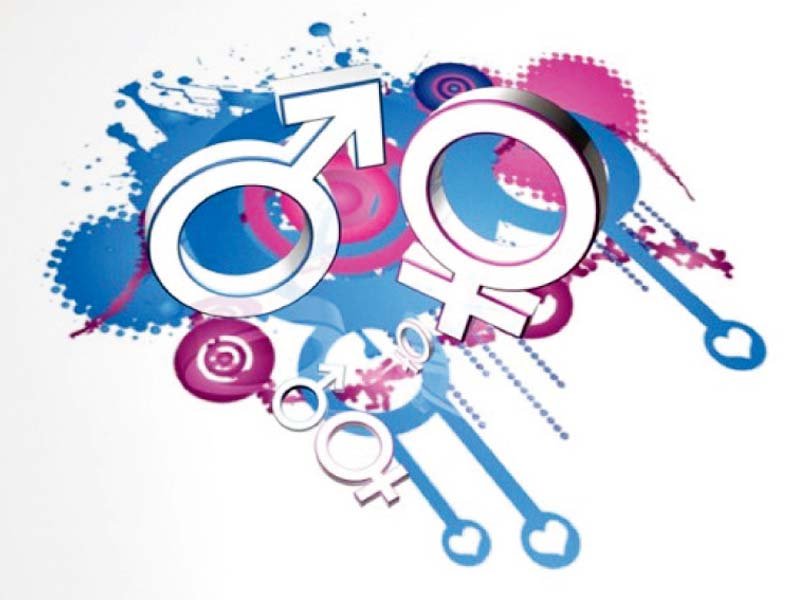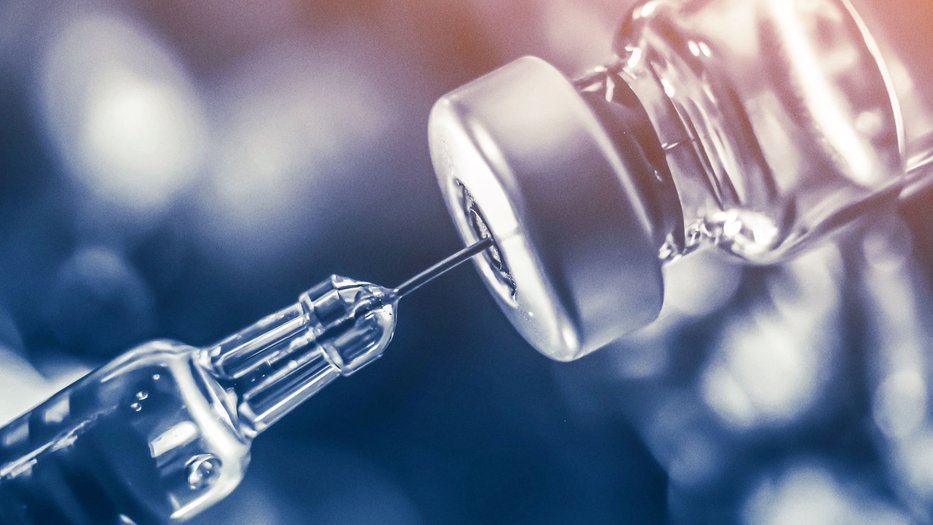The World Health Organisation reports that vaccines prevent approximately 5 million childhood deaths each year. Yet Nigeria has over 2 million children who have lived for about 2 years and not received a single dose of vaccine. These children are technically referred to as “zero-dose” and face a high risk of death from diseases like diphtheria, measles, pertussis, polio, hepatitis, and rotavirus. Of the over 800,000 deaths of children under the age of five in Nigeria, it is estimated that about 40% are due to illnesses that vaccines would have prevented.
Projects
African Health Observatory Platform (AHOP, Nigeria)
An online platform and a one-stop shop for health information, established to improve the availability of evidence for decision making at various levels. AHOP is supported by the WHO, European Observatory, London School of Economics and Bill and Melinda Gates Foundation to:


Health Sector Corruption
Health sector corruption is endemic in Nigeria’s health setting and has stalled the progress of key health indicators in the country, including Universal Health Coverage. The project seeks to identify and understand corruption and its flashpoints in the health sector, produce and harness evidence for solution, and push for incremental change. Partners on the project draw from the School of Oriental and African Studies, London; London School of Hygiene and Tropical
Maternal and Child Health
A 5 year Realist Evaluation (2015-2020) of a maternal and child health programme in Nigeria, titled “Determinants of effectiveness and sustainability of a novel Community Health Workers programme in improving Mother and Child Health in Nigeria” This was a multi-phased mixed methods study which employed an overarching Realist Evaluation approach to assess the SURE-P Maternal and Child health programme. The SURE-P (SUbsidy Reinvestment and Empowerment Programme) was a national programme which ploughed subsidies removed from Petroleum products in 2012 back into poverty alleviation programmes and social safety nets for the rural and underserved population of the country.


Urban Health
With an estimated urban population growth rate of 4.3%, Nigeria’s urban population is expected to double by 2050. The notable consequence of the rapid urbanisation that is taking place in the country is the expansion and increase in numbers of informal settlements within and around large cities. These informal settlements, referred to as urban slums, are characterised by poor housing, lack of basic amenities and poor access to urban resources, including health, nutrition and education.

Gender-Transformative Approach to youth-friendly sexual and reproductive health services (GTA Project)
The Health Policy Research Group at the University of Nigeria is currently implementing a 3-year project that will apply a gender transformative approach to youth-friendly sexual and reproductive (SRH) services in Ebonyi State, Nigeria. Young people in Nigeria face multiple barriers when accessing quality sexual and reproductive health (SRH) services. These barriers include discriminatory and judgemental attitudes from health providers, limited or lack of privacy and confidentiality, and adverse gender and social norms.

Adolescents' Sexual and Reproductive Health (ASRH Project)
The Health Policy Research Group (HPRG) at the University of Nigeria, is implementing a four-year project on sexual and reproductive health in six urban and rural local government areas in Ebonyi State, Nigeria. It is estimated that about 2 in 10 young women will become pregnant before 18 years of age worldwide (Sedgh et al., 2015). The demand for family planning among young unmarried women in all regions is estimated at 90%, indicating that these women do not want to become pregnant.
SPARC (Strategic Purchasing Africa Resource Centre)
Strategic Purchasing Africa Resource Centre (SPARC) is a new initiative to strengthen strategic purchasing expertise in sub-Saharan Africa and move countries closer to universal health coverage, launched by Results for Development (R4D) in partnership with the Bill and Melinda Gates Foundation. Housed within Amref Health Africa, SPARC will match country demand with needed technical expertise by brokering tailored packages of strategic purchasing support.

The Health Policy Research Group (HPRG) with its base at the College of Medicine, University of Nigeria, Enugu Campus (UNEC) was established in 2002.
It is covered by the legal incorporation of the College of Medicine of the University of Nigeria, Enugu-campus.
Contact Us
- tel: +2348037007771; +2348033130050; +2348032442695; +2349095201921; +2347034437569
- E-mail : hprg@unn.edu.ng; hprgnig18@gmail.com; info@hprgunn.com; obinna.onwujekwe@unn.edu.ng
- Address : Old UNTH, Enugu, Nigeria
Sign up for Hprg UNN newsletter and be informed about our latest updates
We have latest Resources, Publications, Journals and news Blog for you. Let’s know if you wish to have a look
© 2025 ALL RIGHTS RESERVED | HEALTH POLICY RESEARCH GROUP UNN

